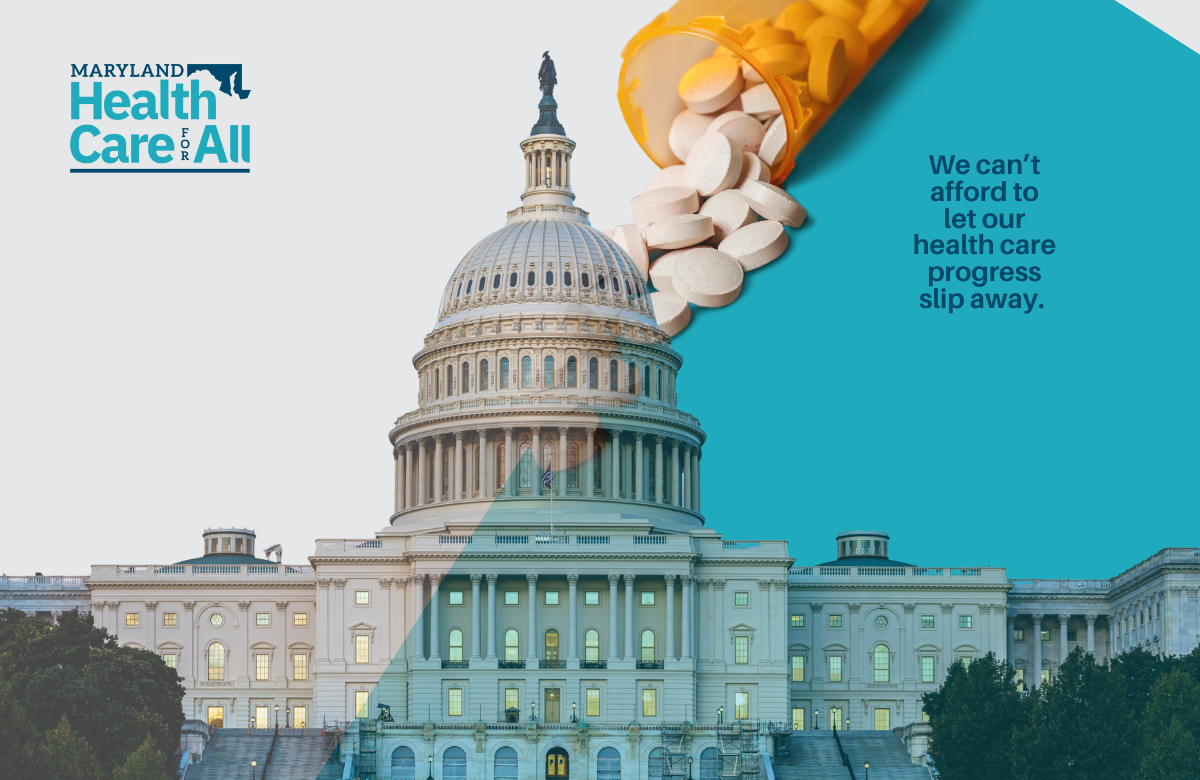BioPharmaDive
April 10, 2017
Jacob Bell
Dive Brief:
- Maryland is slated to become the latest state to give its attorney general power to levy civil penalties against “unconscionable” prescription drug price increases.
- The state’s general assembly sent House Bill 631 to Gov. Larry Hogan’s desk for signing on Monday. The legislation would enable attorney general Brian Frosh to force drug manufacturers whose products are incorporated in state-run health programs to explain and justify dramatic price increases. The bill would apply only to generic and off-label medications deemed essential by either the World Health Organization or Maryland’s Secretary of Health and Mental Hygiene.
- Should the state determine unwarranted price inflation has occurred, Frosh can petition the circuit court to dole out requirements or punishments to manufacturers, such as freezing the price of any drug in question to its prior cost for one full year or issuing a $10,000 fine for each violation of the bill.
Dive Insight:
Correction: A previous version of this story indicated Maryland Gov. Larry Hogan signed HB631 into law on Tuesday, April 11. He did not. BioPharma Dive regrets the error.
Amphastar, Ariad, Eli Lilly, Marathon, Mylan, Turing and Valeant are just several players in the long list of pharmaceutical companies that have drawn the ire of consumers and lawmakers for the pricing of their products. Last month, for instance, eight senators sent a letter to Marathon demanding justification for the $89,000 a year price tag on its Duchenne muscular dystrophy drug Emflaza (deflazacort) — now in the hands of PTC Therapeutics.
In response, state and federal legislators have crafted bills requiring more transparency on treatment costs.
Sens. Tammy Baldwin, D-Wisc., and John McCain, R-Ariz., and Rep. Jan Schakowsky, D-Ill., introduced the Fair Accountability and Innovative Research Drug Pricing Act last year, though it has only has progressed to the Committee on Health, Education, Labor, and Pensions.
Elsewhere, a Vermont bill passed in June mandated the state to draft an annual list of up to 15 medications it spends “significant” money on and which have had wholesale acquisition cost (WAC) increases of more than 50% over the last five years or 15% in the last year. The 2016 list had 10 entries, including Otsuka’s Abilify (aripiprazole), Sanofi’s Lantus (insulin glargine) and AbbVie’s Humira (adalimumab).
While similar, the Maryland bill goes a little further than its Vermont counterpart.
Rather than just a top 15, Maryland can target any drug that had at least a 50% increase in its WAC or cost to the Maryland Medical Assistance Program (MMAP), the state’s Medicaid program, across the previous two years. When such an increase happens, the MMAP sends an alert to the attorney general and the medication’s manufacturer.
The manufacturer must then explain why the price hikes occurred. Should the pharmaceutical companies refuse, the attorney general can, through court petitions, force them to fork over documents related to pricing decisions. If violations have taken place, the state can mandate the company to return money reaped from altering a drug’s price alteration to consumers or payers.
Hogan is likely to make the bill law given its wide-ranging and bipartisan support. An amended version of the original text notched Senate approval with a 38-7 vote on April 7, and the House gave the same version a greenlight in a 137-2 vote on April 10.




